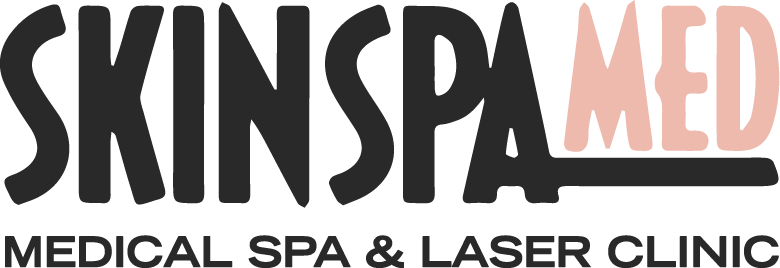Botox & Fillers – What’s the Difference and Which Is Better?
/Those of us who work in the cosmetic business usually look with a cynical eye at the way the media portrays certain cosmetic treatments. Oftentimes, highly effective cosmetic procedures are treated as a punchline, like sitcom characters ending up with paralyzed faces for laughs. I have to admit, this kind of drives me a little nuts, as it can scare away some who would otherwise benefit from cosmetic procedures, but are now worried about potential side effects that are greatly exaggerated for comic reasons. Botox, one of the most popular and effective non-surgical treatments out there to treat wrinkles, is often minimized and demonized with misinformation and scaremongering.
Another procedure that many people are unsure of is dermal fillers.
Inject stuff into your face? Really?
But the reality is if you wish to touch up some of the small wrinkles around your eyes, or get rid of some deeper wrinkles such as laugh lines and improve the shape of your face, these are two of the best non-surgical procedures you can get.
Let's clear up some of the misinformation with the truth about these procedures, and about what each specifically does. What is the difference between these two treatments, and which will give you better, more natural-looking results?
The short answer: It depends on the areas of the face you wish to address.
Botox
Botox is a procedure where a tiny amount of a neurotoxin is injected into the small twitch muscles of the face. These are the muscles that move without your even realizing it, causing tiny wrinkles to form above them on the skin. These areas are generally on the forehead, around the eyes (crow’s feet), and between your eyebrows (furrow lines).
The neurotoxin injected selectively weakens these twitch muscles. Once they have relaxed, the skin above them starts to soften and the wrinkles there will start to disappear. The word “neurotoxin” can make some people a bit nervous. Sitcoms have shown characters with paralyzed faces after getting the procedure. Believe me, we only inject a tiny amount of it into VERY specific spots on the face. It’s an incredibly effective and safe procedure. In fact, Botox has been approved by the FDA and used in the United States now for more than 25 years!
Dermal Fillers
Dermal fillers are a completely different method of eliminating facial wrinkles. They are generally used to fill in the deeper wrinkles on the face, such as laugh lines and lip lines. Here at SkinSpaMED, we inject a bioabsorbable material directly under wrinkles, literally filling them in. It’s a bit like the cosmetic equivalent of a caulking gun.
In other areas of the face we use dermal fillers to accentuate cheekbones or add volume along the jaw line or temples to improve the shape of your face and replace lost collagen, restoring plumpness. This material is naturally found in the body and is safely reabsorbed over time, so there is no danger at all.
Botox and dermal fillers are both fantastic methods of facial rejuvenation that require no surgery whatsoever, but which one is better?
That all depends on what you are looking for. If you wish to minimize crow’s feet and small wrinkles along the forehead, then Botox is the procedure for you. If you want to address deeper wrinkles, dermal fillers can provide a very effective solution.
The real magic happens when they are combined, as they then offer you a quick and easy, natural-looking, harmonious facial rejuvenation.
The one potential disadvantage about Botox and dermal fillers compared to the surgical equivalents (such as a face and neck lifts) is that the results are temporary. Over time, the twitch muscles in the face will regain their strength, and the material used as the filler will be absorbed by the body. This means that you will need to come in for touch-up treatments every now and then: Botox every four or so months, dermal fillers at the nine- to 12-month point. That said, all you need to do is book an appointment and we will refresh your results in no time at all.




